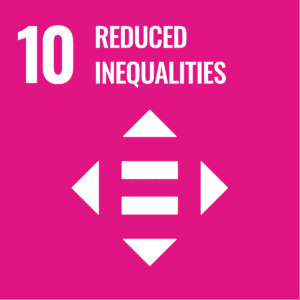VOL 2 No 1, 2024 Research Article
1Assistant Professor, Department of English, Sri Sathya Sai Institute of Higher Learning, Andhra Pradesh, India.
2Professor, Dean of Humanities and Social Sciences, Sri Sathya Sai Institute of Higher Learning, Andhra Pradesh, India.
DOI: https://doi.org/10.21659/jsae/v2n1/v2n104
[Article History: Received: 30 Mar 2025. Revised: 22 April 2025. Accepted: 12 May 2025. Published: 14 May 2025]
Abstract
This paper examines Amitav Ghosh’s “The Living Mountain: A Fable for Our Times” to understand the interconnections between colonialism and climate change. Ghosh’s narrative explores the impacts of colonial expansion on the environment, revealing a historical continuity that links colonial practices with the contemporary climate crisis. By employing an ecocritical framework, the paper analyses how Ghosh critiques colonialism’s destructive impact on nature and challenges modern readers to reconsider the long-term environmental consequences of imperialist endeavours. The paper further delves into how the novella serves as a clarion call to rethink human relationships with nature and to advocate a symbiotic coexistence.
Keywords: Amitav Ghosh, colonialism, postcolonial ecocriticism, ecological degradation, The Living Mountain.




